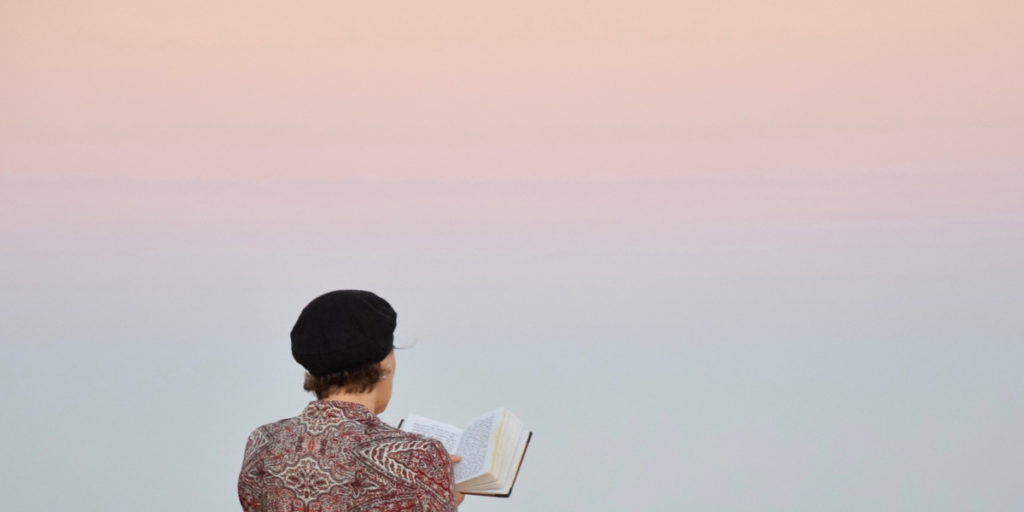Singapore is a city state that sits at the crossroad of East and West, a major transportation hub and a global financial center. So, it is not surprising that Singapore was one of the first countries to report cases of COVID-19. Initially, Singapore contained the virus well; the aftermath of the 2003 SARS outbreak prompted the government to have extensive plans in place.
However, the much-lauded early efforts derailed in early April 2020 when the number of COVID-19 cases escalated exponentially and the nation was forced to go into quarantine. Locally known as a “circuit breaker,” the quarantine measures hit the small, but robust economy hard. In addition to the $90 billion in aid offered to citizens and businesses, there was significant financial loss on multiple fronts.
The spike in cases are publicly attributed to migrant workers from India, China, and Bangladesh who live in dormitories. These migrant workers, an overlooked and neglected population, leave their countries and families behind for employment in Singapore and primarily work in the construction industry and other low-paying, labor-intensive jobs shunned by Singaporeans. Migrants provide the cheap labor that boosts Singapore’s economy and supports it as one of the world’s highest per capita incomes. Ironically, they build spacious, comfortable housing for Singaporeans, but are forced to live in congested dormitories, with 8 to 10 persons sharing a 484 to 968 square feet room. The necessary social distancing recommended during the COVID-19 pandemic is near to impossible.
As COVID-19 cases skyrocketed in the migrant dormitories, the government began to address the pandemic as two separate infections – one affecting migrant workers in dormitories and another circulating within Singapore’s “own community.” The “two separate infections” approach has resulted in infection numbers being separated into the following categories: imported, community cases (referring to citizens, permanent residents, and expatriates on work visas), work permit holders not residing in dorms, and dorm residents. Harsher quarantine measures have been imposed on migrant workers living in dormitories. Here the government uses the word “lockdown” (vs. “circuit breaker”) and thousands of migrant workers have been confined into rooms of varying standards. Most significantly, however, policy and public discussions physically and rhetorically segregate migrant workers from the rest of the population and leave migrant workers struggling to be seen as fully human. (Hahn, 2020).
The spike in COVID-19 cases in the migrant dormitories and the decision to separate, call out, and lay blame on these workers, draws attention to an invisible and neglected population of Singapore’s society. The question is, while the “circuit breaker” is switched off for Singapore’s “own community” and we have been forced to slow down, will we take the time to listen, examine and address the injustices and inequalities that the rapid globalization movement has produced? Will we take the space that this pandemic is offering us and examine areas of injustice and learn to value the people we so often take for granted? Furthermore, will we slow down and take advantage of the space to examine areas of our own life we have neglected or taken for granted? If we ignore this opportunity, there will be a high price to pay and will cost us much more later.
COVID-19: An Invitation to Stop, Rest and Heal
Sometimes we are forced to stop and slow down when we suffer serious physical, emotional, or mental illnesses. Often, these moments draw our attention to our vulnerabilities and the emotional pains buried deep within our psyche and invite us to stop rest, and heal. Similarly, natural disasters expose our planet’s fragility and remind us of the need to care for mother earth. Perhaps a pandemic like COVID-19, an invisible enemy threatening our health, mortality, and economic stability, is a similar event.
When Portuguese billionaire and president of Santander Bank, Antonio Piera died on 21 April 2020 due to the coronavirus, his daughter wrote on social media, “we are a wealthy family, but my father passed away alone, suffocating, looking for something free, which is air … money stayed at home.” We cannot survive only on water and fresh air, but we cannot live without water and fresh air. How often we pay little attention to our essential needs until it is taken away from us? How often are we grateful to nature for her providence of our needs and her beauty? Hopefully, the rediscovered awareness will lead us to appreciate our interdependence of nature instead of destroying it.
With COVID-19, only essential goods and services are made available during the lockdown. It calls for soul searching for what is truly essential in our life. COVID 19 has swung the pendulum from one end of the material pursuit to the basics in life. Life moves from managing the home from the workplace to managing work from home; spending time in the workplace to spending time at home. The mandatory “stay-home” order takes away the parents’ guilt for being away from the children, and the presence of the parents at home benefits the emotional and mental health of the children.

A culture fueled only by narrow self-focus and a desire for instant gratification can consume our life and mask the true nature of our soul. A life focused on the essentials can nourish the soul. Pierre Teilhard de Chardin once said that we are not a human being having a spiritual experience but a spiritual being having a human experience. When we respond to the need for our spiritual growth by living an authentic life, we live a truly fulfilling human experience that transcends human physical limitations. Perhaps Jesus meant this when he said: “But seek first the kingdom of God and his righteousness, and all these things will be added to you” (Matthew 6:33). A quest for spiritual growth is not to be reserved for a pandemic, but an essential need in every phase of life.
The Old Testament writers would possibly describe COVID-19 as the wrath and chastisement of God for our stubbornness and unloving hearts – like the Pharaoh in the book of Exodus. However, I choose to frame the COVID-19 pandemic as a kind of Sabbath event where we are forced to slow down, reflect, and restore order and balance in this world. We have an opportunity to stop and rest in order to recover life’s basic essentials, to unmask inequalities, and let our inner beauty and inter-dependence on the Divine and each other emerge and shine. Even in the midst of death and economic despair, the “circuit breaker” tripped by COVID-19 can lead us to our true home of justice, love, peace and joy.
In slowing down, the sound of silence is amplified.
In slowing down, the soft inner voice becomes audible.
In slowing down, we catch up with God.
References
Hahn, K. (2020, May 6). Singapore is Trying to Forget Migrant Workers are People. Foreign Policy.

